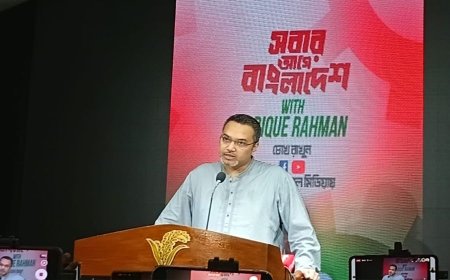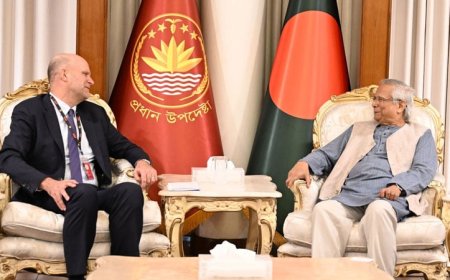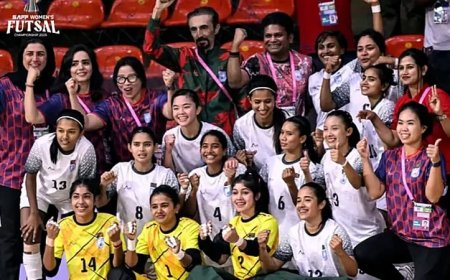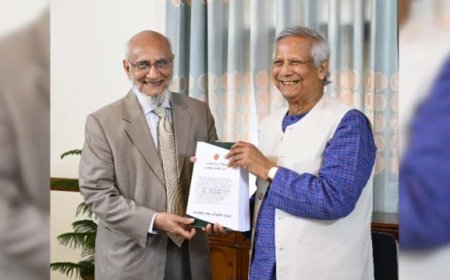Parents worried about "love traps" targeting teenagers on Facebook and TikTok
Parents worried about "love traps" targeting teenagers on Facebook and TikTok.
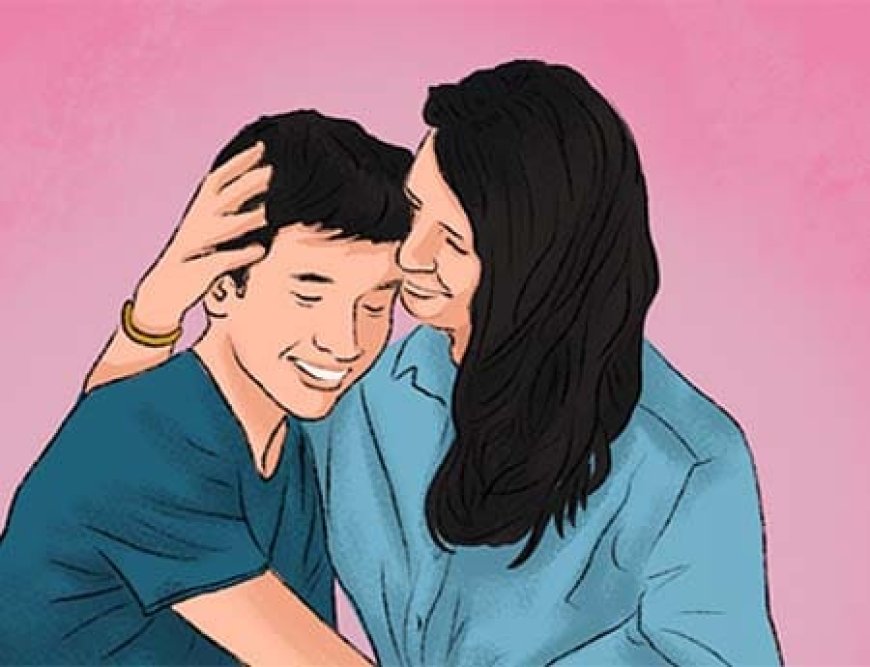
Two recent incidents have caused widespread panic among parents of teenagers, leaving them unsure about how to protect their children and effectively communicate the importance of safety.
One of these incidents involved the tragic discovery of the body of a 13-year-old girl from Hatirjheel in the capital on February 2, 17 days after she went missing. The second case concerns the disappearance of an 11-year-old girl from Mohammadpur. Many feared that the second girl might have fallen victim to the same fate as the first, but she was thankfully rescued alive. However, the hateful comments targeting the girl and her family on social media, alongside media coverage that lacked ethical standards, heightened the fear of social humiliation among parents.
Child rights activists have expressed concern about how criminals are luring teenage girls into "love traps" through social media platforms like Facebook, TikTok, Instagram, and messaging apps such as Imo. Due to their youthful innocence, emotional vulnerability, and inability to foresee danger, these teenagers are easily exploited, which is deeply concerning.
To address these risks, experts stress the need for widespread awareness, limiting social media usage for children until they reach a certain age, and ensuring parents actively engage with and monitor their children’s online activity.
In a recent case, two men arrested for the rape and murder of a teenage girl revealed that she was killed after being assaulted by five men, with her hands and feet bound and her face covered. One of the men, a driver named Robin, admitted to meeting the girl on Facebook and inviting her to a house in Mohakhali before transporting her body to Hatirjheel in a rickshaw.
The girl had left her home on January 16, saying she was going to the store. Another case involved an 11-year-old girl from Mohammadpur, who was lured away by a young man 11 years older than her. After the girl was rescued, a wave of social media attacks targeted her and her family, though no one addressed the unacceptable behavior of the adult male involved.
The girl and her family had come to Dhaka for her mother’s cancer treatment. When asked why she ran away, the girl said, "I don't like being at home, that's why I'm leaving." Sociologist Professor ASM Amanullah pointed out that the responsibility lies with society, including the environment, family, educational institutions, and the media. He also noted that the traditional values of past decades are no longer effective, and modernity, industrialization, and increased media use have destabilized societal norms.
Several incidents underscore the growing trend of teenage girls being targeted online, including one where a 14-year-old girl from Kamrangirchar ran away after meeting a married man on TikTok. The girl was eventually rescued and is now receiving support. The rise in such incidents highlights the critical need for heightened awareness, parental involvement, and safety measures in children’s social media use.
Child Helpline 1098 reports that cyber-related cases are among the most challenging to address, as many parents feel powerless to protect their children from online dangers. Some parents express frustration, especially when their children refuse to listen to requests to close their social media accounts.
Taslima Akhter, a counselor at Child Helpline, noted that many teenagers make impulsive decisions to leave home due to emotional relationships, often without considering the consequences. In many cases, children lack strong connections with their parents, and parents may not even be aware of their child’s social media activities.
Chowdhury Mohammad Mohaimen, coordinator of Child Helpline 1098, emphasized the need for greater awareness about online safety and preventive measures. He advocated for policies to regulate the minimum age for social media use, a step already being taken in some developed countries. Sociologist Professor Amanullah also suggested that there should be more control over students’ use of social media, with parents and teachers playing a more active role. He further argued for the suspension of foreign TV channels that promote content incompatible with local cultural values.
What's Your Reaction?







